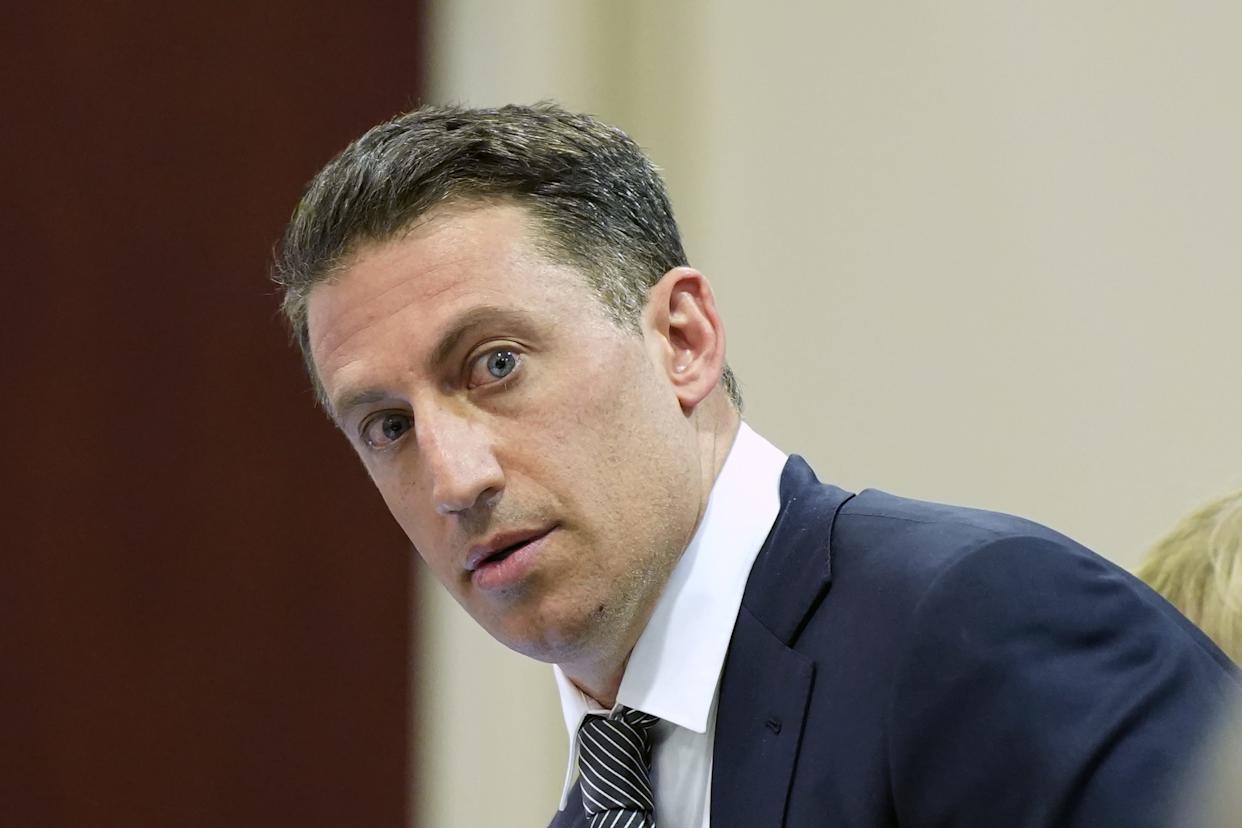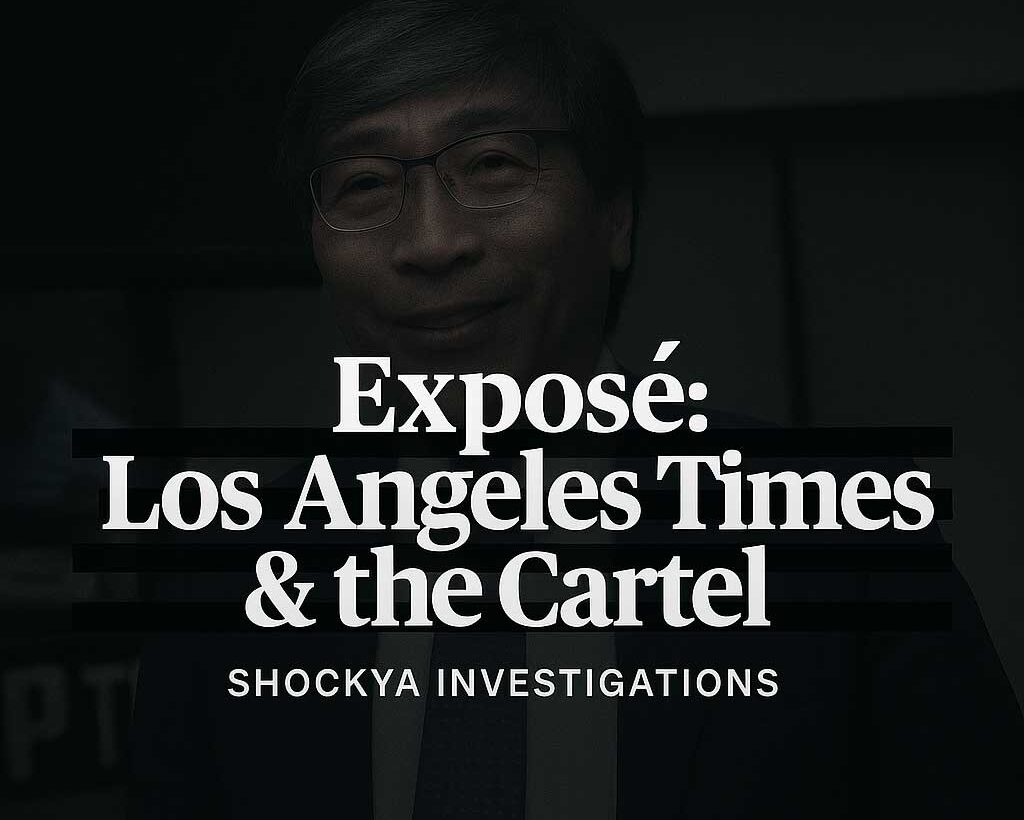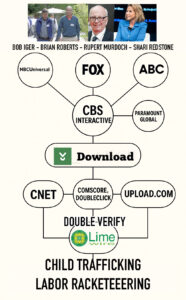Date: August 9, 2025
From: Alkiviades David — Public Interest Litigant, Ambassador-at-Large for the Green Economy (Antigua & Barbuda), Sheriff-at-Large for the SwissX Island Authority
**A Call to Attention on Psychiatric Misuse and Industry Collusion**
An extensive investigation by a collaborative media network has shed light on unethical practices related to California’s involuntary psychiatric detention law (5150), implicating Dr. Eric M. Wexler and Dr. Carole Lieberman. Evidence suggests these individuals have been part of a coordinated effort to misuse psychiatric holds within a broader legal-intelligence framework linked to long-standing abuses in Hollywood, particularly against vulnerable targets in the entertainment industry.
**Reversing the Narrative: Legal Maneuvers Unveiled**
The High Court case Kahn v. David was originally designed as a legal ambush, orchestrated to limit exposure of systemic malpractice. Yet, this litigation has unexpectedly become a powerful tool, revealing the intricate connections between alleged abusers, including the Malibu Mega Group, CBS Interactive, and a legacy of misconduct reminiscent of the Jordan Chandler / Michael Jackson case. This ongoing trial has drawn attention to an array of coercive courtroom tactics employed by representatives of Howard Kennedy LLP, spotlighting the pervasive culture of intimidation.
**Mapping the Abuse Network**
The Malibu Mega Group operates within a tightly linked network of legal, medical, and media entities, leveraging psychiatric services to justify involuntary holds and control narratives. Prominent figures such as Jarl Mohn, Shelby Bonnie, Quincy Smith, and others from CBS Interactive are alleged to have facilitated these practices through their influence on the flow of information and media content. The intersection of these powerful personal and corporate connections epitomizes a troubling culture of exploitation.
**Personal Accounts of Abuse and Coercive Treatment**
Detailed personal testimonies reflect the devastating consequences of being caught in this system, including coerced psychiatric evaluations and inappropriate treatment. Many involved have reported serious mental and medical harm as a result of their engagements with these powerful figures and organizations. The lawsuit highlights apparent patterns of abuse, including historical incidents involving figures like Michael Jackson, revealing the system's far-reaching implications.
**UCLA's Ethical Obligation Under Scrutiny**
UCLA faces scrutiny due to its connections with high-profile donors implicated in these events. Given its obligations under California's Public Records Act and related reporting laws, pressures mount for the institution to disclose relevant documents and communications concerning Wexler and Lieberman.
**Demand for Accountability and Transparency**
Amid these unfolding events, a formal demand under California’s Public Records Act has been issued, aimed at uncovering communication records and any evidence linked to 5150 psychiatric holds involving multiple high-profile parties. The urgency for accountability is underscored by the harmful ramifications of this systemic abuse, with further penalties threatened for noncompliance.
These developments reinforce the need for transparency, ethical practices in mental health, and accountability in the face of influential resistance within the Hollywood ecosystem, emphasizing the unyielding quest for justice amid ongoing systemic challenges.





















